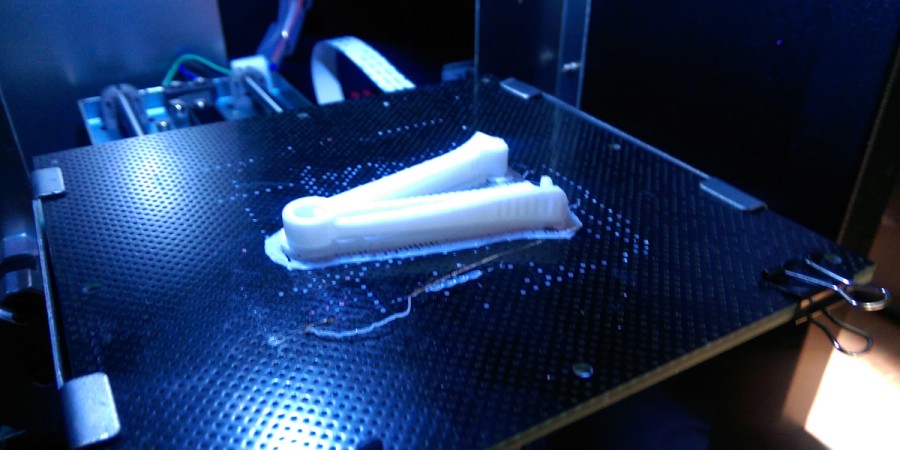“If you always do what you always did, you will always get what you always got.” Albert Einstein
In the journey of an innovation many of the most important decisions are taken at the earliest stages of exploring a problem and generating new ideas. These initial decisions strongly define the direction the innovation then travels in, and its eventual impact. Knowing this, as innovation managers we deeply value the role of risk-takers who are able to think and act differently from the outset. We also understand it is never easy to take a different route, especially when the terrain ahead is unclear.
This is why at the Humanitarian Innovation Fund we have made supporting the earliest stages of humanitarian innovation a core part of our work over the past 5 years, and are now redoubling our efforts in this. It is our privilege to work closely with explorers with bright ideas and burning passion in taking the first steps to innovation. With funding of up to £20,000 we have backed many early stage projects around the world, from emergency wheelchairs to legal rehabilitation campaigns.
Recognition
While the process is far from linear, we have seen innovations to be more successful when they are based on a thorough understanding of the problem, the context, and what is really needed. These insights form a springboard for the creative development of new solutions. It is tempting to move too quickly into solutions mode, but this comes at a large cost to deeper insights and innovation. This foundational work is what we refer to, in shorthand, as the recognition phase. The efforts here could be based on capturing the experiences of humanitarians in the field, in-depth research and review, or directly observing and understanding communities affected by crisis.
To give you an idea of what this stage can look like, we supported Save the Children with a recognition grant in carrying out a study to understand if widespread violence on women and children, as a result of street gangs and other criminal groups, could be tackled as a humanitarian problem. The study produced a report to kick start discussions with humanitarian actors in the region on how to respond effectively. As a result Save the Children in Mexico, Guatemala, Honduras and El Salvador have developed strategic plans to respond to violence in the region.
Invention
Inspiration arrives in many forms, but talking to the innovators we work with it rarely takes the form of a simple “light bulb moment”. Rather it is usually a combination of rigorous analysis and creativity that is most likely to lead to successful innovation. Examples we have seen of this process range from disaster-affected communities coming forward with ideas that agencies may not have thought of, to new technologies opening up possibilities that were not previously thinkable.
A recent invention project we supported was led by Field Ready who could see the potential for applying new technology in rapid onset disasters, by enabling the manufacturing of small items in the field such as buckets or umbilical cord clamps through the use of 3D printing. This rapid manufacturing method aims to transform humanitarian logistics. The ability to make many different items quickly and to order makes this project unique and provides the potential to support diverse actors. To hear more about this project from Andrew Lamb of Field Ready you can watch this short video from our HIF-World Humanitarian Summit Innovation Management event in June.
Taking risks
Taking the first steps to innovation can be seen as taking small risks based on available information, or taking small leaps of faiths with an open mind. Many of these initial attempts will inevitably lead to false starts and dead ends, but this learning through trial and error is a crucial part of the work. Humanitarian actors, small and large, are often unable to take such risks, or lack the resources and capacities internally to invest in it. Our early stage funding is designed to help create safe spaces where these explorations can take place, building and supporting those that show promise.
To hear more about these opportunities, and to mark World Humanitarian Day, join our HIF team on our early-stage innovation webinar at 13:00 BST on 19 August.
We look forward to working closely with an expanding diversity of innovators, from both within and beyond the traditional boundaries of the humanitarian sector. So if you have ideas about how to do things differently, get in touch!


Comments